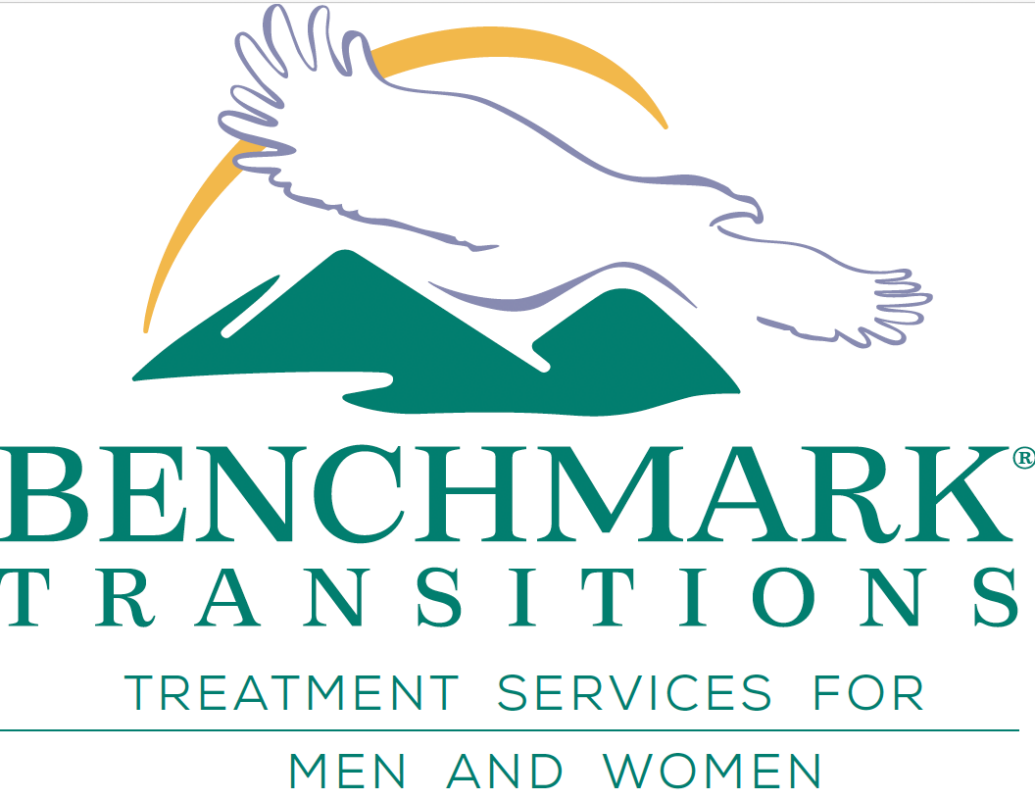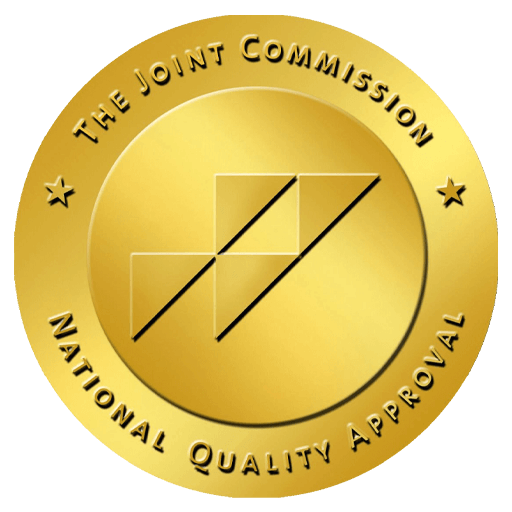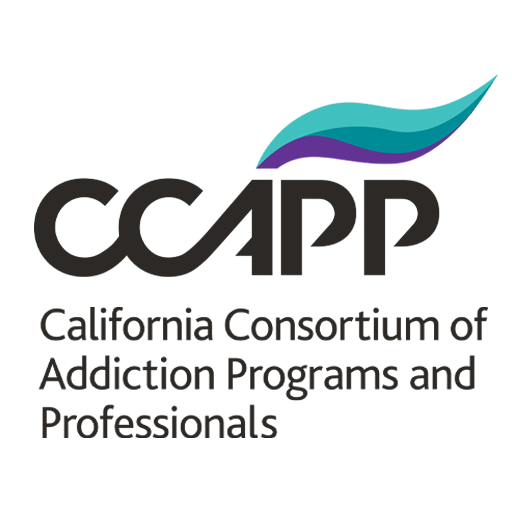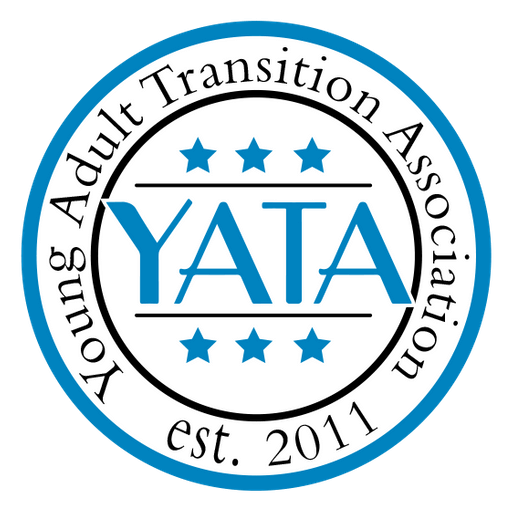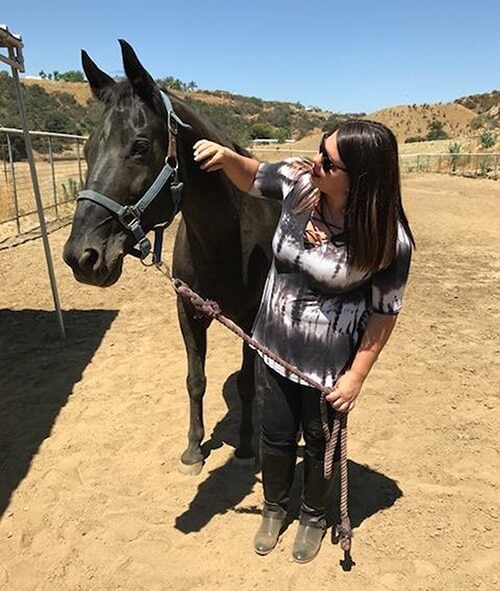Experiential therapy allows teens and young adults in recovery to step outside — mentally and physically — to gain a new perspective on where they have been and where they want to be. By engaging in hands-on activities under the expert guidance of a therapist, they place themselves in the moment, learning new skills and feeling a sense of empowerment.
A complement to more traditional therapies, experiential experiences give young adults a sense of normalcy in a space where they can express themselves without stigma or judgment and help them better understand the psychological and emotional issues underlying their need for treatment. It addresses the concerns people face when they start treatment for substance use disorders, such as loneliness, low self-esteem, an inability to communicate, and the loss of a sense of control. It can also help them process and heal from past trauma.
The Association of Experiential Therapies describes many types of activities that can be used in the context of a larger program, including expressive therapies (art, music, dance, drama, and writing), activity-based therapy (recreational play, horticulture, animal-assisted), and adventure-centered activities (wilderness therapy).
The approach “meets people where they are” by addressing the individual in the way he or she responds best, whether that is visual, audio, tactical, or through movement. This treatment allows people to learn more about themselves and their relationship to addiction through physical activity and mental engagement. Through the activities, they learn to better understand their emotions and focus on a healthier, more active lifestyle.
The activities are fun and often help young adults forget they are going through a therapeutic practice. It allows them to step outside of the clinical setting — often into the outdoors — where they can explore creative pursuits and forge connections with others.
These creative pursuits — poetry writing, music, drama, art — can tap into issues that have long been buried and that can be used in discussion with a person’s therapist. Some experiential therapies ask people to venture into nature, building confidence through physical challenges, whether it is water-based, like surfing or kayaking, or more adventure-oriented, like hiking, ziplining, or playing competitive games. Animal-assisted therapy, such as with horses, can help people re-learn how to reconnect and communicate better with others. The nurturing skills obtained can also be applied to self-care.
Inherent in experiential therapy is mindfulness: It forces people to be in the moment, concentrating on the activity at hand. They enter a state of “flow,” an essential element of mindfulness. When engrossed in an enjoyable task — caring for a horse, creating a painting, writing a song — people tend to forget their worries and regrets. At that moment, all is well; they are active and productive. They learn how to let go of negative thoughts and keep them at bay long after the activity is over.
Working under the direction of trained experiential therapists, the young adult can safely explore their negative feelings like anger, resentment and emotional pain and explore memories through the emotional release brought about by these hands-on experiences.
The activities also motivate young adults to gain insight into how to achieve personal goals, such as redefining their perception of reality, changing behavior, improving relationships, and forgiving others. Studies have shown that experiential therapy can strengthen traditional interventions. For example, people who engage in experiential therapy see a reduction in denial and an increased cooperation in their traditional therapy. They develop a greater understanding of their beliefs, which leads to more cooperation with recovery staff. They also gain a deeper sense of trust, the ability to solve problems, and improve communication skills.
Equine-Assisted Therapy for Young Adults
In equine-assisted therapy, horses become an active part of a young adult’s treatment team. Led by a facilitator in a structured environment, the therapy guides people on a journey to better understand themselves. Horses, which can mirror human non-verbal communication, are uniquely suited to teach people empathy, how to navigate social situations and resolve conflicts. Those being treated can later reflect on these experiences to see what they have learned or what they felt in the situation. This knowledge can be applied to future life situations.
Many young adults who have struggled with addiction also have a history of trauma or abuse. The horses allow these people to experience physical touch in a healthy, safe way. Animals satisfy the need for physical contact without the fear of complications that often accompany interactions with humans. People in equine therapy develop a special bond with the horse, which is an empathic entity that can witness their pain, bring them hope, and allow the person to heal.
Studies have shown that equine programs have a positive impact on physical health as well, especially in terms of improved hand-eye coordination, balance, and mobility. Other research has shown that simply spending time with a horse can improve a person’s spiritual well-being. The relationship between horses and humans is based on mutual respect and trust; it provides a foundation for people in recovery, especially those who have experienced trauma, to explore how they can eventually rebuild trust and intimate connections with other humans.
According to the journal Addiction Science and Clinical Practice, participants in equine-assisted therapy remained in treatment longer and had a significantly higher chance of completing their treatment than those not in the practice. Studies also have shown that people who engage in equine-assisted therapy regard the horse as an important emotional support that helps them form a more positive self-image. They attribute the positive aspect of the therapy — especially the activity and exercise in the stable — to the reason why they remained in treatment. The researchers also found that equine-assisted therapy helps people cope with challenges and achieve. They look forward to their time with the horses and find the stable to be a place where they see themselves as someone who can contribute to something useful. Working with the horses, they feel they are being seen as who they believe they really are, rather than “drug addicts” or “patients.”
The setting, too, is beneficial. Being out in nature, on a farm, or in a stable positively affects a person mentally and physically. It helps with regulating mood and problem-solving; at-risk youth have reported fewer feelings of depression and loneliness and found they got along better with others. Researchers at the University of Calgary found that teens and young adults in recovery felt like they were more of a “whole person” in the stable, that they felt like a “person in treatment” rather than a “patient.” Feeling a sense of being loved and being a part of something larger, they also started seeing the importance of family, friends, and community.
Expressive Therapies for Young Adults
Music and art are powerful motivators. Young adults who are in treatment for substance use disorders often struggle to stay motivated in their treatment. Creative therapies can help people regulate their emotions and keep them focused on achieving their goals.
Arts in Psychotherapy journal reports that creative arts therapies, such as those centering on music and art, are especially effective when verbal expression is difficult. In creative therapy, the person’s actual skill is not important — but their ability to self-express is. The British Association of Art Therapists calls it a three-way process between the counselor, the client, and the created art, which offers the person being treated an alternative way of communicating feelings that otherwise would be difficult to verbalize.
Studies show that music therapy and music-based interventions especially have a positive impact on mood and emotions, such as enjoyment and happiness, and reduce negative emotions, such as anxiety, depression and anger. Music therapy allows people to explore and express their feelings non-verbally without substances in a non-threatening environment.
Can music also reduce cravings to use substances? A study of music therapy programs published in the Psychology of Music journal suggests it might.
Music also can build skills that can be continued once the young adult leaves therapy. Researchers at Freie University in Berlin and the University of Bergen in Norway recently reviewed existing studies on the benefits of music therapy and music-based intervention to highlight trends in results. In many of the studies they reviewed, the researchers found links between music-based therapies and enhanced quality of life and improved health. In essence, when people see first-hand how their own abilities and actions can determine what happens during creative therapy, they can apply that knowledge to their life outside of therapy, which may mean better results over the long term.
We specialize in helping young adults.
Benchmark Transitions is a firm believer in experiential therapy for healing. A complement to more traditional therapies, experiential activities give people in recovery a space where they can express themselves without stigma or judgment and begin to understand the issues behind their need for treatment. It helps them process and heal from past trauma. We offer a number of research-proven methods of experiential learning that have restorative power, such as equine-assisted therapy, music therapy through “Rock to Recovery” at our Extended Care program, and activities that are similar to Kolb’s experiential therapy learning model (https://www.simplypsychology.org/learning-kolb.html), which is based on the premise that knowledge is created through experiences. Our programs give practical, real-world experiences, teaching people how to live with diagnoses and gain practical application skills.
Contact Us Today to learn how experiential therapeutic activities at Benchmark help young people in mental health and substance use recovery heal and stay in treatment longer.
